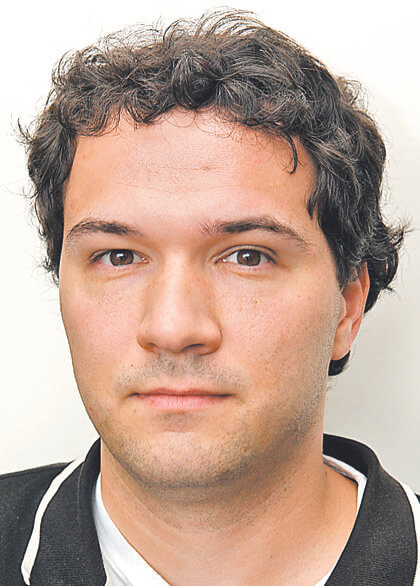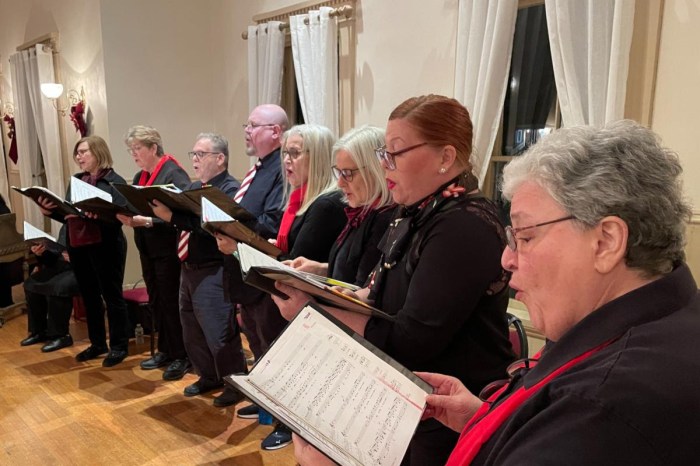By Nathan Duke
The Greater Astoria Historical Society will explore the crafting of a Steinway & Sons piano as well as the golden age of television through a new film and TV series that the group is hosting in January and February at its Broadway locale.
The historical society, which is located on the fourth floor of 45-20 Broadway in Astoria, will screen the 2007 documentary “Note By Note: The Making of Steinway L1037” on Feb. 2 and two different collections of television programs made from radio programs on Jan. 30 and Feb. 13.
Robert Singleton, president of the society, said “Note by Note,” which was directed by Ben Niles, is a perfect film to kick off the group’s series, allowing viewers to get a glimpse into how a 9-foot concert grand piano is crafted at Astoria’s prominent Steinway & Sons factory.
“It’s fascinating to see the entire process happen,” Singleton said. “We can take pride that this is taking place in our community and it’s still vibrant after 150 years. The movie shows how the raw stuff of a piano — the seasoned wood, the metal harps — are put together through the traditions of the medieval craft guilds and 20th century techniques.
The film, which will screen Tuesday at 7 p.m., follows the process of creating the piano from the forest floor to the concert hall at which the instrument is played.
“Note by Note” took nearly four years to complete and was eventually released in Manhattan in the fall of 2007. The film’s director originally approached the Queens piano maker to film its 150th anniversary, but his footage eventually turned into the feature-length documentary, much of which was shot at the company’s Astoria factory at 1 Steinway Place along the Bowery Bay.
The historical society will also screen two afternoons of 1950s television classics at 1 p.m. this Saturday and on Feb. 13.
Programs during the series will include “Dragnet,” “The Jack Benny Show,” “The Life of Riley,” “Fibber McGee and Molly” and “Edgar Bergen with Charlie McCarthy.”
“Even by today’s standards of modern technology, there’s still something about the quality of these shows that speaks to people,” Singleton said.
The series, which will include four half-hour programs of varying types, will likely continue for several years. A majority of the shows screened were originally aired on the radio before transferring to the television format in the 1950s, Singleton said.
“We want people to remember what was good from the past and give them some perspective,” he said. “It will be a smorgasbord of entertainment.”
Attendees will see a jarring difference between today’s sitcoms and comedic programs and those of yesteryear, Singleton said.
“In those days, there were restrictions about what you could say, so guys like Jack Benny would convey something through a double entendre or a look on his face, rather than hammering you over the head like comedians do today,” he said. “A lot of them could learn lessons by watching this stuff.”
All screenings are free of charge and light refreshments, including popcorn, will be served. For more information, visit the society’s Web site at www.astorialic.org. The group, which was chartered in 1985, is a nonprofit organization that hosts field trips, walking tours, slide presentations and guest lectures to western Queens schools and the public.
The society will also host a history roundtable event titled “Abraham Lincoln and the Civil War” on Feb. 20 at 1 p.m. at the group’s Broadway headquarters.
Read film reviews by Nathan Duke at criticalconditions.net.




































